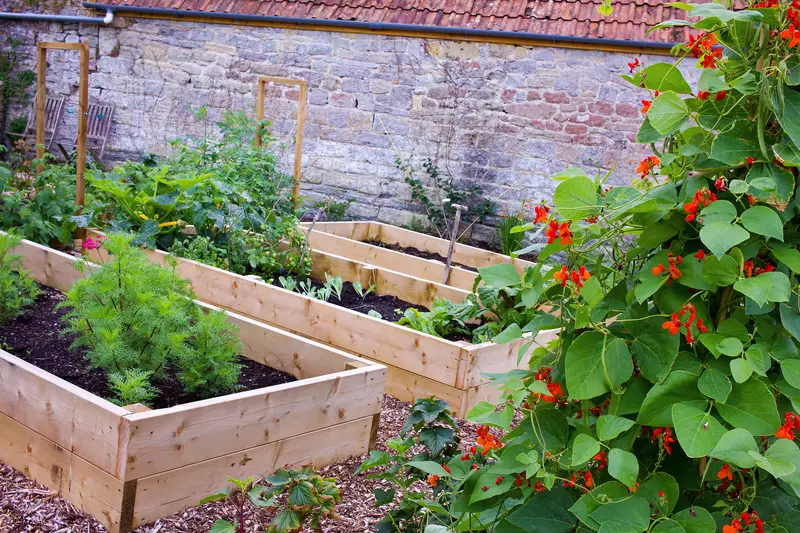One of the many things that people love about the warmer months is having their own flower and vegetable gardens. Living here in New England, we have a shorter growing season than those who live in a warmer climate, but there are ways to enjoy those gardens for more than just a couple of months. Follow the below tips to extend your growing season without having to move south.
Forget the idea of planting once and you’re done. Try successive planting instead.
One method of successive planting involves sowing seeds and starting seedlings of the same variety at the same time. This way, not all of your plants will be ready at the same time, making your bounty last longer.
Another successive planting method will have you planting different vegetables at various times. If you plant one or vegetables one week, then a different vegetable every two weeks, you will have a large variety of produce maturing at different times of the season.
Be proactive and attack the weeds early on.
Be vigilant in your work in removing weeds. If you follow this step, you’ll find your plants flourishing and weeds diminishing after a few weeks of diligence.
Plant your garden in a raised bed.
When people hear the words raised bed, many automatically picture a large garden area within a wooden frame. While this is certainly one type of raised bed that you can build, it can also be as simple as soil mounds that have paths cut in-between the rows for walking, or boxes made up of bricks or rocks. Regardless of how it is made, a raised bed means to raise the soil in which you are planting above the path you walk on. The theory here is to keep that soil that you are planting in almost untouched. You will not be tilling the soil, leading to less weeds to remove.
Try crop rotating.
Crop rotation prevents you from planting vegetables from the same family twice in a row. If one vegetable has a difficult time with pests and soil, then all vegetables from that family will too. Switching it up with prevent this from happening year after year.
Do not over water.
Over watering your plants will do more harm than under watering your plants. Clearly, it is out of your hands if you have heavy rainfall, otherwise you should only be watering sporadically to provide just enough for the roots. To make sure your plants are getting and retaining water to their roots, use a healthy garden soil rich in organic matter and mulch heavily around the plants to prevent water from evaporating too quickly.
Watch and prepare for an early frost.
Even with the healthiest of gardens, an early frost can do irreparable damage and bring your growing season to an abrupt halt. You can purchase floating row covers for protection, or you can also use sheets of plastic to protect your plants. Just be sure to remove the cover after the frost advisory has lifted.
Regardless of your method to try to extend your growing season, with a bit of preparation and work you can look forward to seeing more vegetables from your crops further in the fall then you are used to. While not all methods are easy or immediate, over time you will see your hard work and patience paying off.

